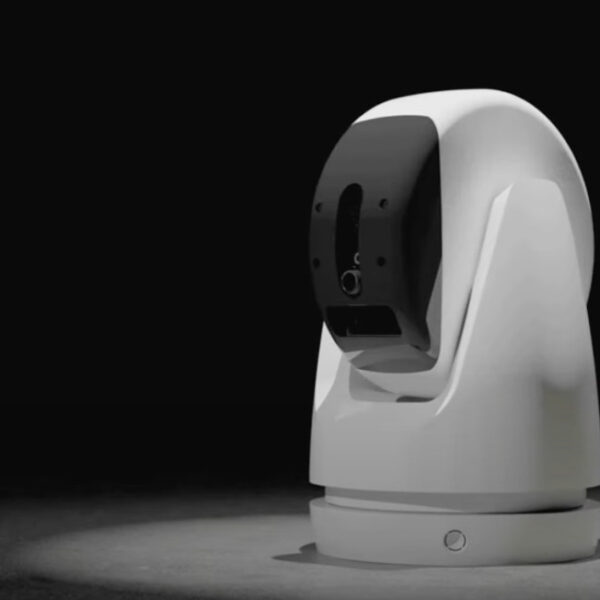STRANGE + WONDERFUL
RECENT STORIES
Solo But Social: 15 Friendship Tips for Travelers in Their 40s
Adults often find it challenging to make new friends. This difficulty becomes even more pronounced during solo travel, especially for those dealing with social anxiety like myself. While traveling alone offers unmatched freedom, it can also lead to feelings of isolation. Meeting new people and enjoying their company…
15 Surprising Things the Car You Drive Reveals About Your Personality
Ever wonder if your car reflects more than just your taste in vehicles? Sometimes, we read our astrology profile and think, wow, that sounds…
11 Essential Tips To Build A Stronger Financial Future
For many soon-to-be retirees, outliving their assets is one of their biggest fears. Retirement is a much-anticipated milestone for many, but the feeling isn’t…
Karaoke Songs People Need To Stop Singing Immediately
Karaoke: it’s a timeless art that’s popular for a reason. Singing your favorite songs after a few drinks is a lot of fun! Yet…
Sci-Fi Movies From the 80s With Cooler Tech Than We Do Today
Today, modern cinema is about one-upmanship. Science fiction, in particular, has been affected by the need to produce better computer-generated imagery (CGI) than its…
15 Vacation Destinations That Are Better Than Any Cruise in the World
While a cruise is a great vacation idea, ditch the potential seasickness, short stops at beautiful locations, and crowded ports for these lovely holiday…
15 Unique BBQ Traditions from Around the World To Try This Summer
In America, we’re accustomed to ribs, pulled pork, burnt ends, flavorful barbecue sauces, zesty dry rubs, and smokey flavors. However, there’s more to barbecue…
30 Movies That Will Make Everyone Cry
Sometimes, all we need is a good cry. Normally, it can be hard to get the tears going, but some movies are guaranteed to…
























